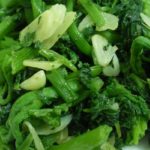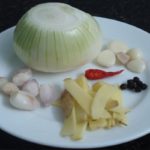[dropcap] 1 [/dropcap] Steam Broccoli Regularly

Mistake: According to scientists, stir-frying broccoli (cauliflower) will cause a loss of 24% of Vitamin C , as well as a reduction in sugar, protein, and chlorophyll content. Moreover, about 67% of antioxidants are lost due to high-heat cooking.
Another serious mistake is that many people tend to discard the broccoli stem , unaware that it is rich in vitamins and essential calcium.
Solution: Instead of stir-frying, steam broccoli to retain its nutrients. And remember, don’t throw away the stem during preparation!
[dropcap] 2 [/dropcap] Soak Before Cooking
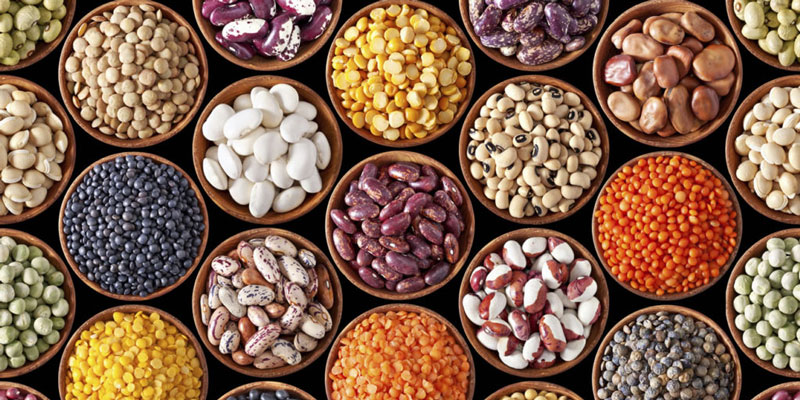
Mistake: Many people soak beans for a few hours before cooking savory or sweet dishes. This habit can make the beans prone to overcooking or take longer to cook.
Solution: Soak beans overnight in a brine solution. This method will help soften the beans and reduce cooking time by up to 53%. Alternatively, you can cook the beans by bringing cold water to a boil, then adding the beans (without soaking) and continuing to cook.
[dropcap] 3 [/dropcap] Mince Garlic and Onions Finely and Cook Immediately
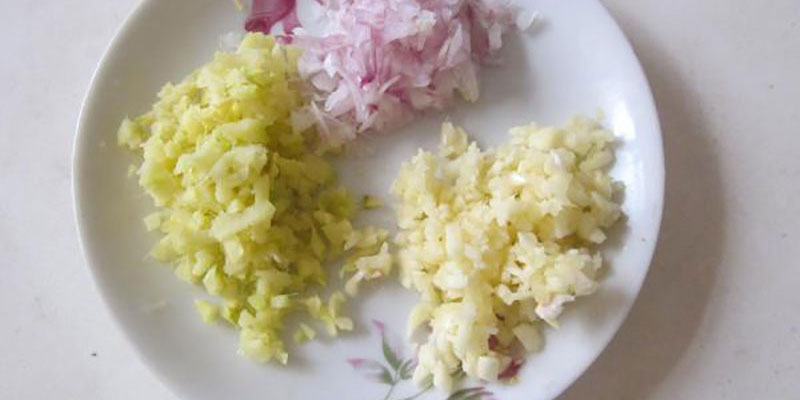
Mistake: Garlic and onions contain anti-cancer compounds and flavonoids. When they are finely chopped or minced and immediately cooked at high temperatures, these beneficial compounds become inactive.
Solution: After mincing or chopping garlic and onions, let them rest at room temperature for 2–3 minutes before cooking. This practice will help preserve the health-promoting compounds found in these ingredients.
[dropcap] 4 [/dropcap] Discarding Pineapple Cores
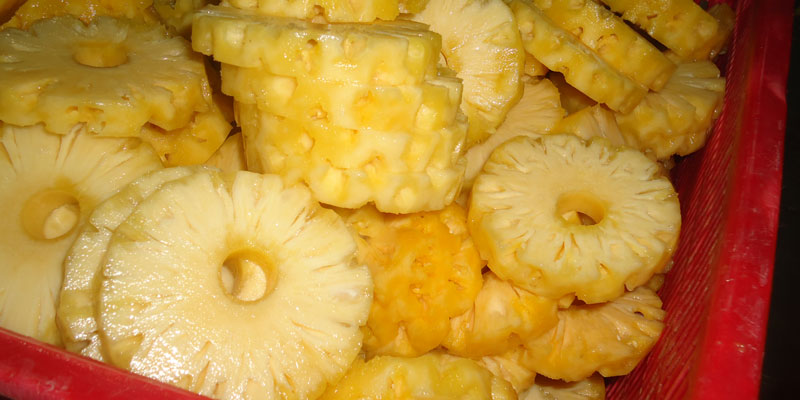
Mistake: Most of us don’t enjoy eating pineapple cores due to their toughness and lack of sweetness. However, they contain higher levels of Bromelain, an anti-inflammatory compound, compared to the flesh.
Solution: If you can’t eat the core directly, try cutting it into pieces and infusing it in water to drink throughout the day. This way, you can still benefit from the nutrients found in pineapple cores.
There are certain foods that we may be preparing incorrectly without realizing it. The above examples illustrate common mistakes and provide solutions to improve your cooking habits.
For more information:
Reference: bestie.vn
More Useful Advice for Homemakers (Part 2)
Have you heard of the surprisingly easy tips to make cooking and household chores simpler? White radish eliminates the acrid taste of salted meat, adding alum to raw shrimp helps soften it, and adding cold water when frying eggs can make them crispy – these are just a few of the tricks to make your life easier.


























